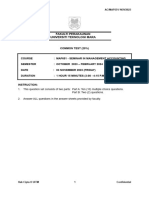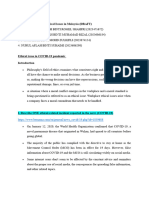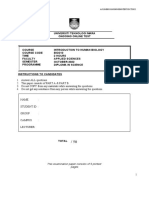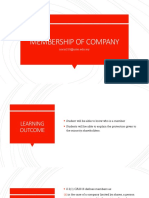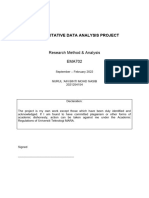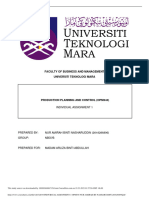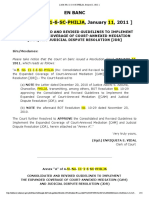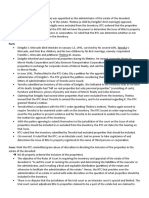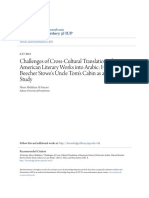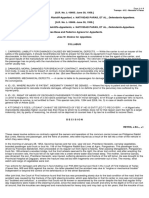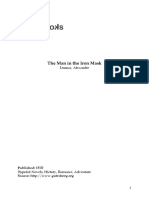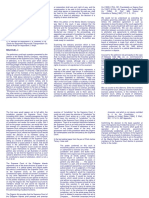ADSS452 ETHICS IN ADMINISTRATION QUIZ
NAME : SYAZWANI ELLYANA SYUHADA BT MUSA
STUDENT ID : 2020427138
INSTRUCTIONS: ANSWER ALL 15 QUESTIONS (15 marks). Please mark in the
correct column either True (T) or False (F).
1 The field of ethics (or moral philosophy) involves systematizing, T F
defending, and recommending concepts of right and wrong behavior.
2 Ethics can be defined as human characters. T F
3 Morality is set of social principles, customs, manners and/or the codes T F
of one’s society or particular groups within it, such as medical or legal
organizations.
4 Practicality is a moral system must be workable; its rules must not lay a T F
heavy burden on agents.
5 Ethics is not guiding towards the right action. T F
6 According to Stewart (2009), the study of right and wrong of human T F
behavior refers to normative ethics.
7 Deontology refers to the priority is obligation and duty in making T F
decision facing ethical dilemmas.
1
�8 Non-consequentialism theory approach looks for absolute standards for T F
assessing rightness or wrongness of human actions.
9 One of the teleological theories is an ethical action which produces T F
greatest benefit.
2
�10 Private sectors are concerned with addressing public concerns. T F
11 I must learn these rules, and then make sure each of my actions live up T F
to the rules is referred to as virtue ethics.
12 Overridingness refers to the practical or action-guiding nature of T F
morality.
13 Public values are not central to public administration. T F
14 Anti-corruption laws is not a legal and compliance approach to T F
behavior.
15 Code of conduct is a set of rules outlining the responsibilities of an T F
individual or organization.
INSTRUCTIONS: ANSWER ALL 15 OBJECTIVE QUESTIONS (15 marks) by making a
circle.
1. Ethics is the study of morality and a branch of philosophy.
a. Rules
b. System
c. Moral issues
d. Morality
2. Perfection of character means………………
a. Intellectual character
b. Intellectual virtues
c. Virtuous character
d. Knowledge character
3
�3. Among others, values are important in administration because….
a. Prohibit public servant to commit bribery
b. It will not eradicate corruption and bribery
c. Unethical behavior are not solved
d. Bad influence in the ethical decision making
4. Ethical theories represent the viewpoints from which individuals seek guidance as they
make……..
a. Decision rules
b. Decision
c. Ethical decision
d. Correct decision
5. Practical ethics based on the right and wrong concept refers to…………..
a. Natural ethics
b. Rule ethics
c. Act ethical values
d. Applied ethics
6. ………………………..concentrates on human character and its potential for goodness and
flourishing rather than on the rightness or wrongness of particular acts and so it allows
for some measure of flexibility.
a. Natural Law
b. Ethics Law
c. Social morality Law
d. Habitual
7. ………………..is a normative theory – a theory about what we ought to do, how we ought
to act (MacKinnon, 2012).
a. Act
b. Ethical egoism
c. Virtue ethics
d. Utilitarianism
8. Public problems are complex and often faced with unresolvable…………
a. Problems in religion
b. Political power
c. Unique situation
4
� d. Wicked problems
9. Public service values co-exist between government and different behavior is expected
of ………
a. Public officials
b. Public values
c. Public principles
d. Individual principles
10. Which utilitarianism states that everyone should perform those acts which will bring
about the greatest good (or happiness) for everyone concerned, who are affected by the
act.
a. Act
b. Rule
c. Independent
d. Happy
11. Natural law appeals to the sense we have that morality is more than just a matter of
what people’s ……………. and ………………… may be.
a. Preferences and inclinations
b. Beliefs and practices’
c. Human character and potential for goodness
d. Interest and truth
12. …………………. encourages individual freedom and responsibility and fits in best
according to oneself.
a. Utilitarianism
b. Ethical Egoism
c. Virtue ethics
d. Natural law theory
13. According to Heilbrunn (2004); Quah (2007), there are four models of Anti-corruption
Agency Model except for:
a. Motive model
b. Universal model
c. Investigative model
d. Parliamentary model
14. The Anti-corruption Agency Model which reports to the Parliament and free from
executive and judiciary refers to:
5
� a. Motive model
b. Universal model
c. Parliamentary model
d. Investigative model
15. Ombudsman is …………………….. from power influences and must be impartial.
a. Legal proceedings
b. Independent
c. Neutral
d. Mal-administration
Dr. Nadrawina Isnin
Senior Lecturer, FSPPP




































